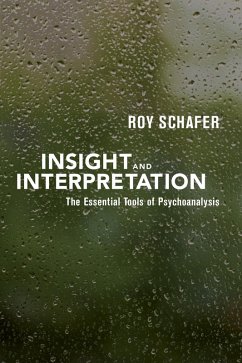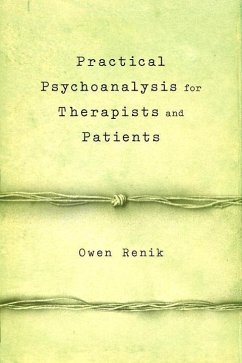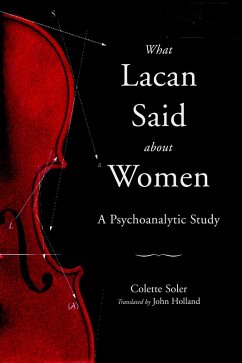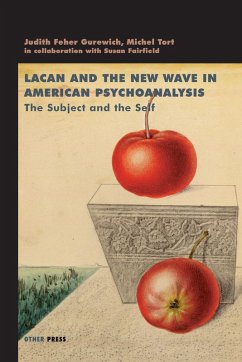
Bad Feelings (eBook, ePUB)

PAYBACK Punkte
6 °P sammeln!
Bad feelings are ubiquitous to human experience. Everyone deals with grief, envy, disappointment, dejection, humiliation, mortification, and anxiety. However, when we consciously push troubling feelings aside and then avoid them, we should be under no illusions that such repression empowers us to lead untroubled lives. The price that we pay, simply, is feeling less alive. Our attempts to avoid feeling pain manifest themselves in feelings of disconnection and numbness. To make matters worse, bad feelings often bring moralistic self-condemnation that arises unconsciously or even consciously: "It...
Bad feelings are ubiquitous to human experience. Everyone deals with grief, envy, disappointment, dejection, humiliation, mortification, and anxiety. However, when we consciously push troubling feelings aside and then avoid them, we should be under no illusions that such repression empowers us to lead untroubled lives. The price that we pay, simply, is feeling less alive. Our attempts to avoid feeling pain manifest themselves in feelings of disconnection and numbness. To make matters worse, bad feelings often bring moralistic self-condemnation that arises unconsciously or even consciously: "It is bad of you to feel that way!" "You're being a nuisance to worry about that!" Many families even elevate mental health to the status of an Eleventh Commandment. They believe that when they have negative feelings and express them, this constitutes behavioral problems. When they begin to feel anxious, glum, or ashamed, they are stricken with guilt or fears of punishment. Their goal is perfect adjustment, and their taboo is the secret forbidden pleasure hidden by pain. This book demonstrates how psychoanalytic understanding can reduce the painfulness of negative feelings and increase our tolerance for emotional pain. This work can enable freedom from frightening, vengeful, and guilt-ridden fantasies, decrease reliance on passive and masochistic ways of being, and increase our ability to take pleasure in the body, to enjoy relations with others, the use of one's assets, and to take pride in one's achievements. These changes outweigh the emotional pains that we inevitably suffer by living, and they help us feel that it is worth our while to enjoy a lively existence.
Dieser Download kann aus rechtlichen Gründen nur mit Rechnungsadresse in A, B, BG, CY, CZ, D, DK, EW, E, FIN, F, GR, HR, H, IRL, I, LT, L, LR, M, NL, PL, P, R, S, SLO, SK ausgeliefert werden.













